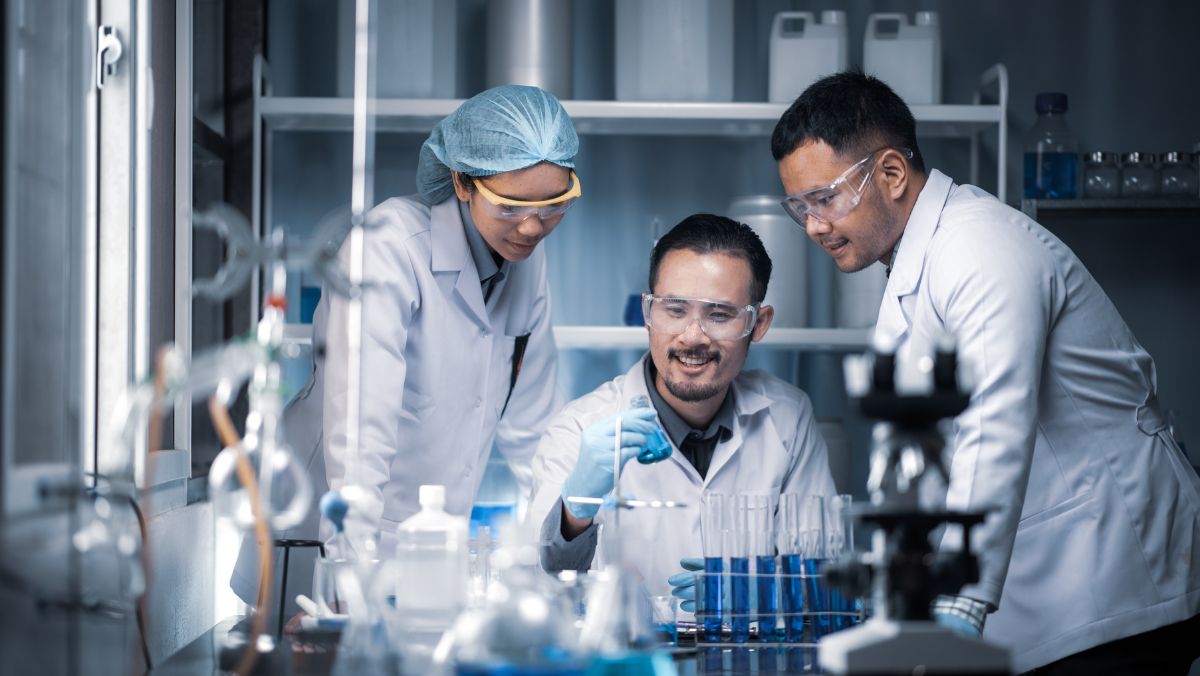
In many ways similar to Biologics, Biosimilars are emerging as a significant player within the pharmaceutical industry, offering significant potential for reducing healthcare costs and improving access to vital therapies. However, understanding biosimilars and more importantly, developing them, is a complex, multi-step process that requires substantial investment, advanced technology, and specialized expertise. Here’s a detailed look at each stage of development before these drugs hit the market.
Research and Development (R&D)
First and foremost, the development journey starts with research of the reference product’s structure, function, and entire production process. This involves:
- Analytical Studies: comparing the biosimilar’s molecular and biological characteristics with the reference product to ensure high similarity.
- Bioinformatics: utilization of computational tools to predict and analyze the biosimilar’s behavior, ensuring it closely mimics the reference product.
Preclinical Studies
Before human testing, preclinical studies assess the biosimilar’s safety and biological activity. This typically involves:
- In Vitro Studies: laboratory tests on cell cultures to evaluate the biosimilar’s efficacy and safety.
- In Vivo Studies: animal studies to further ensure the biosimilar behaves similarly to the reference product, confirming its safety and biological function.
Clinical Trials
Clinical trials for biosimilars are designed to demonstrate similarity to the reference product rather than re-establish efficacy and safety, which are already known. These trials include:
- Phase I: assessing pharmacokinetics (PK) and pharmacodynamics (PD) in a small group of healthy volunteers to determine how the biosimilar is absorbed, distributed, metabolized, and excreted.
- Phase 2 and 3: larger trials in patients to confirm similarity in efficacy, safety, and immunogenicity, ensuring the biosimilar performs similarly to the reference product in clinical settings.
Regulatory Review and Approval
Regulatory agencies such as the FDA (U.S. Food and Drug Administration) and EMA (European Medicines Agency) evaluate the totality of evidence from analytical, preclinical, and clinical studies. The approval process generally involves:
- Comparative Data Review: ensuring that the biosimilar matches the reference product in all critical aspects, including safety, purity, and potency.
- Manufacturing Inspections: verifying that manufacturing processes meet quality standards to ensure consistent production of high-quality biosimilars.
Post-Market Surveillance
Once approved, biosimilars undergo continuous monitoring to ensure safety and effectiveness. Including:
- Pharmacovigilance: tracking adverse events and side effects to quickly identify and address any potential safety issues.
- Real-World Evidence: collecting data on the biosimilar’s performance in everyday clinical settings to confirm its long-term efficacy and safety.
Overall, the development of biosimilars is a rigorous process ensuring that these biological products are safe, effective, and highly similar to their reference products. The extensive process involves thorough initial research, extensive clinical trials, and continuous post-market monitoring to maintain high standards of patient safety and treatment efficacy, because their development and overall impact on the pharmaceutical industry and patient care is crucial.
Genefic and Genefic Specialty Pharmacy proudly offer a host of cutting-edge biosimilars that help treat patients effectively. As a whole, these unique drugs are part of our larger goal of redesigning health systems and reimagining patient care. For more information, feel free to reach out and contact our team today.
